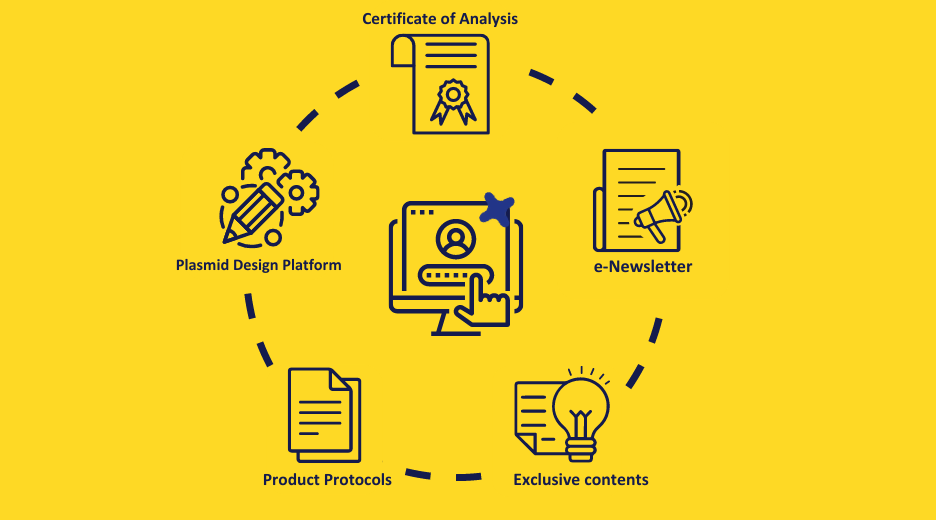For in vitro mRNA transfection, jetMESSENGER® is our reagent of choice. Indeed, jetMESSENGER® protocol is simple: the reagent is ready-to-use and is compatible with the standard growth media (with or without serum and antibiotics) of a wide variety of adherent and suspension cell types. jetMESSENGER® operates through a very gentle process and upholds cell viability and overall cellular morphology in a variety of hard to transfect cells, such as rat cortex neurons, human liver carcinoma cells and mouse embryonic stem cells.
For in vivo mRNA delivery, in vivo-jetRNA®+ is our best-in-class reagent. in vivo-jetRNA®+ is a ready-to-use transfection reagent composed of preformed liposomes specifically developed to deliver mRNA in vivo. This reagent can be used to target unique or multiple organs, by using systemic injection routes, in various animal models (mice, rat, etc.). mRNA delivery using in vivo-jetRNA®+ is user-friendly, with a simple 2-step protocol and is highly efficient with comparable delivery results as Lipid Nanoparticles (LNPs). in vivo-jetRNA®+ can be used for vaccination/immunization purposes, anti-cancer studies, genome editing using CRISPR/Cas9 method or protein replacement.
With the LipidBrick® family, we also offer a range of cationic lipids dedicated to the formulation of lipid nanoparticles (LNPs). These active lipids protect the mRNA molecules and play an important role in the transfection capacity of LNPs. Importantly, by being based on an imidazolium polar head, LipidBrick® broadens the spectrum of current LNP applications in terms of potency and biodistribution by adding an overall positive charge to LNPs: this translates into greater delivery of mRNA to the lungs and spleen while reducing accumulation in the liver compared to LNPs based on ionisable lipids. Furthermore, within the LipidBrick® family, LipidBrick® IM21.7c is the cationic lipid (active lipid) used in the formulation of jetMESSENGER® and in vivo-jetRNA®+, allowing a seamless transition between our ready-to-use reagents and your LNP formulation tailored to your needs and applications.






